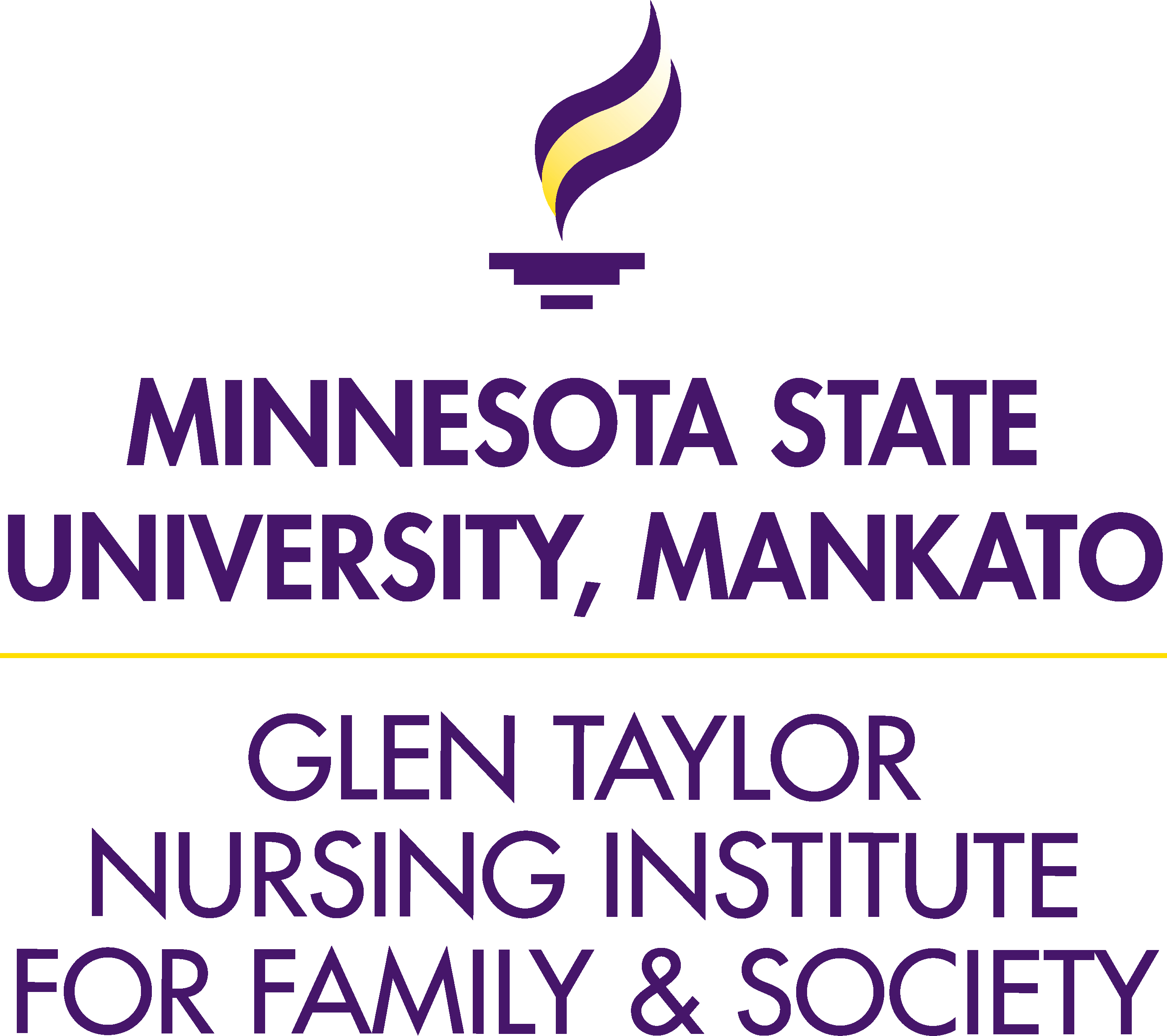 The International Family Nursing Association (IFNA) has launched a year-long series of blog posts to support implementation of the organization’s Position Statement on Planetary Health and Family Health. Last month, Wendy Looman focused on teaching future nurses about the relevance of planetary health to family health. This month, the focus is on the second of nine essential activities described in the position statement: Educating members of IFNA about the relevance of planetary health to family nursing.
The International Family Nursing Association (IFNA) has launched a year-long series of blog posts to support implementation of the organization’s Position Statement on Planetary Health and Family Health. Last month, Wendy Looman focused on teaching future nurses about the relevance of planetary health to family health. This month, the focus is on the second of nine essential activities described in the position statement: Educating members of IFNA about the relevance of planetary health to family nursing.
As we begin the virtual IFNC15 conference today, you are probably planning your schedule and gearing up for a new experience. This is the first time an IFNA conference has been held virtually and we will all learn to gather and connect in new ways. By holding the conference virtually, IFNA and its members are making a small and important contribution to improving planetary heath by eliminating air travel. According to Our World in Data(a collaboration between the University of Oxford and the Global Change Data Lab), global aviation contributes about 2.5% of worldwide carbon dioxide (CO2) emissions. We will cover issues related to organizational impact in our eighth blog in this series.
This month, by reading this blog, you are taking a step towards educating yourself on ways to access information, build your knowledge, and develop interventions that support planetary health. When you adopt a planetary health perspective to your work, you acknowledge that humans are altering the earth’s ecosystems and that changes in the earth’s water, land, and atmosphere adversely affect human health and the ability to achieve health and wellbeing. By embracing the importance of thinking at a level that is larger than your community, country, or continent—in other words, thinking at a planetary level—you bring new information, knowledge, and insight to your education, practice, and research focused on families and family nursing.
As an international organization, we work with families that hold diverse beliefs about the earth, its resources, how humans interact with those resources, and the priority they assign to them. One way to begin thinking about the intersection of planetary health and family health is to consider families’ beliefs about, understanding of, and experience with water, air, and fire.
Water
Water is essential for human survival. Many cultures use water and waterways in purification rituals. Even so, humans routinely pollute coastal waterways, inland waterways, groundwater, and stormwater, often unknowingly. Contamination of water sources can foster algal growth crowding-out aquatic plants that keep water clean. It can be unsafe to drink and fish and shellfish can become unsafe to eat. These conditions can result in illness within families who rely on contaminated water for drinking, bathing, and washing, and who eat aquatic organisms that live in contaminated waterways.
Politicians can influence the safety and quality of municipal water supplies. Take the example of Flint, a city in Genesee County, Michigan, USA. In 2014, emergency managers of this financially fragile majority-African American city changed the water source for about 95,000 people to a contaminated river in this industrial town and put all its residents at risk for lead poisoning, including thousands of children. Five years later, drinking water in Flint homes was safe to drink. Unfortunately, trust in the system was destabilized and families remained worried about drinking the water and using it for bathing. A December 2020 Politico report details the tragedy.
Family nurses can play multiple roles in situations like Flint and other communities with contaminated water. For example, they can 1) work with individual families to identify whether their water is or is not safe to drink and use in their homes, 2) screen children for lead poisoning and refer those with elevated levels for treatment, 3) provide chelation treatment for children and adults with high blood lead levels, 4) counsel families on safe water options and help them access water resources that are verifiably safe, and 5) advocate for safe water at a policy level.
Air
Clean air is also essential for human life. Just ask the family of Ella Kissi-Debrah who died in London, England in 2013. This nine-year old girl suffered from respiratory disease and her death was attributable to chronic air pollution exposure. You can read an account of her family’s intimate experience with planetary health in Greenfield’s and Swallow’s opinion piece in the Nursing Times.
Both indoor and outdoor air pollution contribute to poor health outcomes around the planet. The World Health Organization (WHO) estimates that 9 out of 10 people breathe air containing unhealthy levels of pollutants, and 2.6 billion people lack access to clean cooking technology. These circumstances result in a high burden of lung and cardiovascular disease that contribute to stroke, pneumonia, cancer, and illnesses requiring long term management, such as chronic obstructive pulmonary disease and chronic respiratory infections.
Family nurses can support families as they manage the reality of living in settings with poor indoor and or outdoor air quality by 1) identifying environmental conditions that contribute to decreased respiratory function, 2) facilitating access to healthcare for populations requiring acute or chronic disease management care and clean cooking technology, 3) exploring data sources such as The Global Health Observatory to better understand their local ambient air quality situation, 4) and using what they know to advocate for policy action that will reduce concentrations of fine particulate matter (PM2.5) in their locality.
Fire
Fire allowed our predecessors to make monumental gains in brain development. But now we take fire and heat used for cooking for granted given near universal availability of cooking fuels and appliances. But as more countries experience wildfires and families experience devastating loss due to the destruction of whole communities, we are learning that fire can harm us in ways never imagined.
What many people do not understand is that periodic fires are a natural part of many ecosystems. Some plant species need fire to release seed and create a foundation for new growth. But we are altering the natural periodicity of fires by suppressing fire where it is needed or starting fires that rage out of control, such as in Australia and California. Uncontrolled blazes and fires that occur too frequently also compromise animal and insect species.
For humans, wildfires have physical and social consequences. Loss of life is a tragic outcome of wildfires, but accounts for relatively little mortality. However, morbidity due to wildfires is substantial. According to the WHO, 6.2 million people were adversely affected by wildfires from 1998-2017. People suffer the physical effects of increased air pollution, and the psychological effects of extreme stress and profound loss.
Family nurses can help families mitigate the effects of disasters like wildfires by helping them understand the risks prevalent in their communities and be prepared when disaster strikes. The US government website ready.govprovides guidance for families on being prepared for a range of disasters, including wildfires. Even if you do not live in the US, much of the information can be applied. For example, nurses can help families 1) recognize disaster warning signs and understand local alert systems, 2) create an emergency plan when evacuation is necessary, 3) get their documents in order, 4) learn about ways they can strengthen their home and yard, and 5) gather emergency supplies.
Resources
By reading this far, you have taken a step towards building your knowledge about planetary health and family health. You can take a deeper dive by exploring the following information resources, building your knowledge, and gaining more insight about planetary health and family health.
Read
- Blogs
- Peer-reviewed literature
- Newsletters
- Stories from reliable news sources
- Books
- Planetary Health: Protecting Nature to Protect Ourselves
Consume media
- Webinars
- IFNA members can watch a webinar on Preparing Older Citizens of Families for Global Climate by Margarete L. Zalon for free.
- Podcasts
- London School of Hygiene and Tropical Medicine Podcast “Viral” defines planetary health
- The Lancet Planetary Health Audio https://www.thelancet.com/lanplh/audio
The Planetary Health Alliance, a consortium of organizations curates webinars including lectures, interviews, and other discourse, and podcasts. Follow their Spotify account here or visit their website here. Contributors include podcasts produced by organizational members of the Alliance including the American Public Health Association, BBC, California Academy of Sciences, EAT, Environmental Defense Fund, Harvard T.H. Chan School of Public Health, PRI’s Living on Earth, Living Planet by Deutsche Welle, National Institute of Environmental Health Science, Progressive Radio Network, and Cornell University.
Engage…
…in scholarly discourse with your colleagues. Discuss incorporating planetary health in collaborative scholarly endeavors.
…with families your care for. Ask them how changes in the environment are affecting them. Talk about ways they can reduce their impact on ecological change and strategies they can employ to live healthfully in their changing environment.
Share your ideas on how to educate IFNA members about the relevance of planetary health to family nursing. Contribute to this conversation by tweeting your ideas and mention @IFNAorg so we can share your ideas across our network.
And come back in July for the next blog post in this series about informing the public, including policymakers about the impact of planetary health on family nursing.
How to cite the position statement (APA 7th edition format)
International Family Nursing Association (IFNA). (2020). IFNA Position Statement on Planetary Health and Family Health. https://internationalfamilynursing.org/2020/04/18/ifna-position-statement-on-planetary-health-and-family-health/
Paula V. Nersesian, PhD, MPH, RN, is an Assistant Professor in the School of Nursing at the University of Southern Maine. Her scholarship focuses essential health services for at-risk populations, the strengths and assets they draw on, and psychosocial factors, such as loneliness, that influence their health and wellbeing. She serves as the liaison between the IFNA Communications Committee and the IFNA Research Committee. Paula is also a co-author of the IFNA Position Statement on Planetary Health and Family Health. You can follow her on Twitter @PaulaNersesian
Image credit: Open Clipart-Vectors, Pixabay https://pixabay.com/images/id-2026064/ (silhouette of people),https://pixabay.com/images/id-146971/ (the
